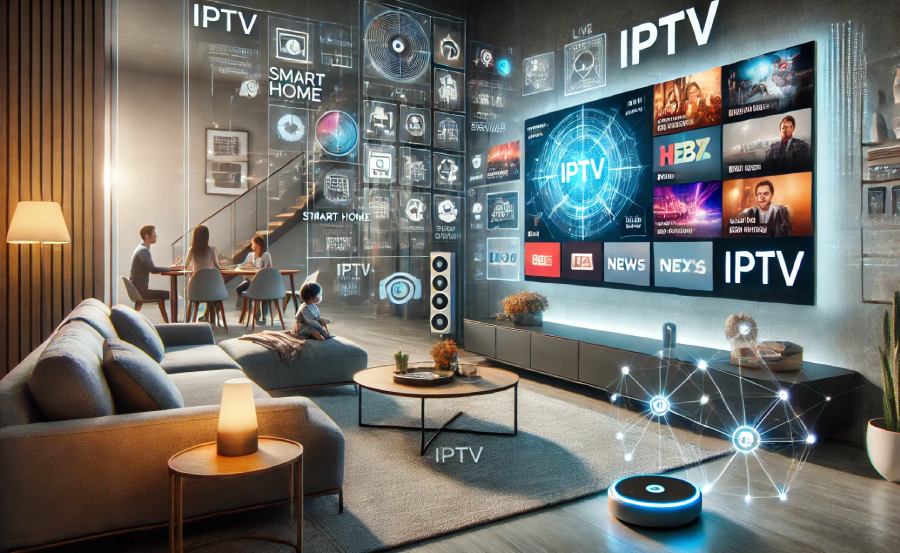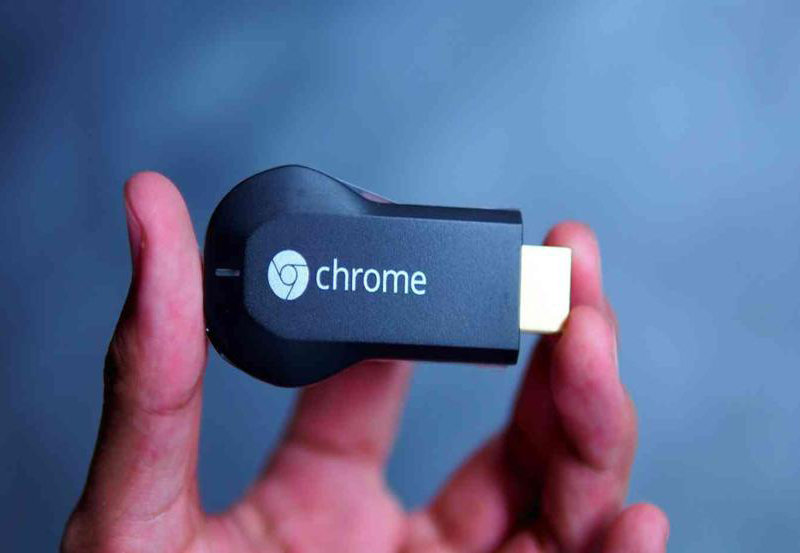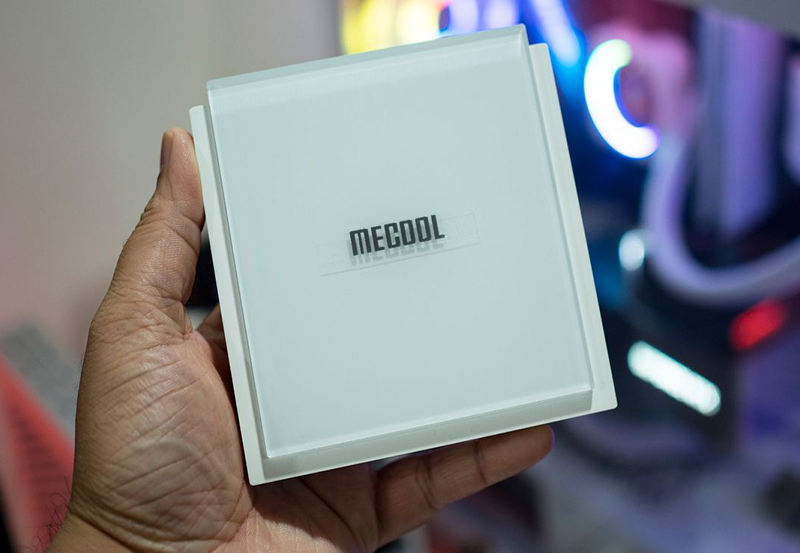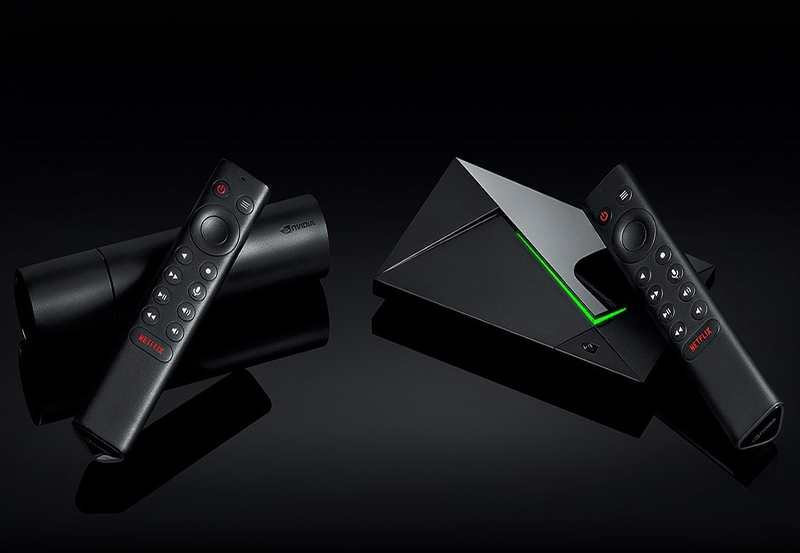In a world increasingly dominated by smart technology, integrating various systems within your home can offer significant benefits, particularly in the realm of security. One such innovative approach is enhancing home security with IPTV and smart home integration. But, what does that mean exactly? Let’s dive in to explore how combining these technologies can revolutionize your sense of safety without creating a fortress-like atmosphere at home.
Understanding IPTV: Beyond Entertainment
Most of us know IPTV (Internet Protocol Television) as a way to stream our favorite shows and movies, but its potential exceeds entertainment. When examined through a smart home lens, IPTV becomes a tool not just for streaming but also for enhancing security.
What is IPTV?
IPTV is essentially a service that delivers television content over the Internet. Unlike traditional cable broadcasts, IPTV eliminates geographical limitations, offering flexibility. But, there’s more to IPTV than just TV shows. It can integrate with other smart home devices to deliver real-time security updates and camera feeds directly to your screen.
Quick Suggestion:
Upgrade your viewing experience with Best IPTV USA, designed for flawless streaming of your favorite content.
IPTV Providers and Their Role
The choice of IPTV providers can make a big difference in the functionality and reliability of your home security system. Reliable providers ensure a seamless integration process that supports various smart devices. Additionally, looking for the best IPTV deals can help in managing costs while upgrading your system.
The Ultimate IPTV Experience From Trusted Providers
Unlock the ultimate IPTV experience by choosing providers that offer robust support, high security, and seamless integration capabilities with smart home devices. Providers like these offer not just entertainment but peace of mind with enhanced home security features.
Smart Home Integration: The Backbone of Modern Security
Incorporating smart home technology with your IPTV system is not just a futuristic dream—it’s practical and achievable with today’s technology. Smart home devices include cameras, sensors, and automation systems that collectively improve security when integrated properly.
Key Components of Smart Home Security
The fundamental components of smart home security include cameras, motion sensors, and smart locks. When integrated with IPTV, it allows for real-time monitoring and improved response times. Here’s a closer look:
- Cameras: Enable remote monitoring and can stream footage to devices.
- Motion Sensors: Detect movements and send alerts through IPTV platforms.
- Smart Locks: Provide security through app-controlled access and monitoring.
The Role of Automation
Automation is what genuinely transforms a collection of gadgets into a smart home. By automating security protocols using platforms that support voice commands or scheduled actions, you infuse convenience with safety measures. Imagine your doors locking themselves at a specified time or your lights mimicking occupancy to deter intruders.
Connecting the Dots: IPTV and Automation
By leveraging the control offered by IPTV systems, users can automate the process of switching between entertainment and security feeds. This provides an on-demand security check without disrupting daily routines.
Integrating IPTV with Existing Security Measures
Enhancing security with IPTV doesn’t mean starting from scratch. Instead, it’s about connecting existing technologies in a meaningful way. Let’s explore how this can be accomplished seamlessly.
Adapting Current Systems to New Technology
Integrating IPTV with existing security devices can seem daunting, but it’s achievable with a bit of planning and patience. Assess your current setup’s compatibility with the new services offered by top IPTV providers. Many offer technologies designed to work with a range of devices to ensure smooth integration.
Evaluating Home Network Strength
A robust and secure home network is crucial for the successful integration of IPTV and smart technologies. Evaluate your internet speed and security protocols, as they will impact the performance of your integrated systems.
Securing Your Home Network
The security of your home network should be paramount to protect sensitive data and prevent unauthorized access. Consider investing in updated routers with advanced security features or subscribing to services that provide additional layers of online protection.
Planning and Implementing Your Smart Upgrade
Mapping out a plan for how you will implement your smart home upgrade can save time and resources. Here’s how you can set up a structured approach to integrating IPTV into your security protocols seamlessly.
Step-by-Step Implementation
Begin by listing the devices you currently use and those you’d like to integrate. Adjust your plan according to your home’s unique layout and your family’s lifestyle preferences.
- Verify compatibility of smart devices with chosen IPTV providers.
- Plan for appropriate network coverage throughout the home.
- Set up user-friendly controls for easy access to different systems.
Testing the Setup
Testing your setup is a vital step before relying on it for security. Regularly check connections, updates, and device functionality to ensure smooth operation. Consider scheduling system tests to avoid the risk of overlooking potential issues.
Adjusting Security Protocols
Security is rarely a set-it-and-forget-it process. Adjust protocols as technology evolves, and stay informed about the latest security threats to prevent vulnerabilities.
Maximizing Benefits and Overcoming Challenges
With the successful integration of IPTV and smart home systems, it’s essential to focus on maximizing benefits while overcoming the potential hurdles associated with new technologies.
Advantages of Integrated Systems
Smart home technologies enhanced by IPTVs offer numerous benefits, including increased security, convenience, and even potential energy savings. These advantages make the initial investment worthwhile and reflect modern living standards.
Challenges in Technology Integration
Despite many advantages, challenges remain. Compatibility issues, steep learning curves, and the need for ongoing maintenance are areas of concern. However, with careful planning and a willingness to adapt, these can be minimized.
Addressing Compatibility Issues
When choosing devices, ensure they all speak the same digital language. This means opting for gadgets that can communicate without a hitch. Check user reviews and provider documentation for insights on seamless integration.
Future Trends in Smart Homes and Security
Technological advancements are continually shaping the future of smart homes and security setups. Staying ahead of these trends can provide a strategic advantage in home security optimization.
Emerging Technologies
The future of home security lies in the integration of AI-driven technologies and IoT (Internet of Things) devices. These can bring sophisticated solutions like predictive maintenance, behavioral learning, and enhanced automation capabilities.
Greater Interoperability and Standardization
As the market for smart devices grows, so does the push for greater interoperability. Standardization will enable more seamless integrations, reducing compatibility issues and allowing for smarter homes and more cohesive security systems.
The Role of 5G
5G networks promise faster, more reliable connectivity. This leap in technology offers the potential for real-time data transfer, thus enhancing the efficiency and responsiveness of smart home security setups.
Navigating the rapidly evolving landscape of smart home technology and IPTV integration can feel overwhelming. But with an understanding of the current capabilities and a foresight into future trends, you can build a home that is not only smart but also secure.
FAQ

What is the first step in integrating IPTV with home security?
The first step involves choosing the right IPTV provider and ensuring compatibility with your existing smart home devices. This initial setup determines how seamlessly the systems will operate together.
How do I know if my network is strong enough for a smart home?
Check your Internet speed and bandwidth. You need a network capable of handling multiple devices with minimal lag. It’s also wise to secure your network with strong encryption standards.
Can smart home integration lead to privacy concerns?
Yes, any connected device can potentially pose privacy risks. Mitigate these by using encrypted connections, regularly updating firmware, and being mindful of the data shared with third parties.
What are the cost implications of adding IPTV and smart devices?
Initial costs can be significant due to the investment in devices and installation. However, the potential savings from improved energy efficiency and reduced insurance premiums may offset these over time.
Do I need professional help for integration?
If you’re tech-savvy, you might manage without professional help. However, professionals can ensure that the setup is efficient and all systems function optimally, saving time and potential headaches.
Are there any future trends to watch in smart home technology?
Trends such as AI integration, increased interoperability, and the rollout of 5G technology are anticipated to enhance smart home capabilities further in the coming years.
The Best Media Player Compatibility for Formuler Z





